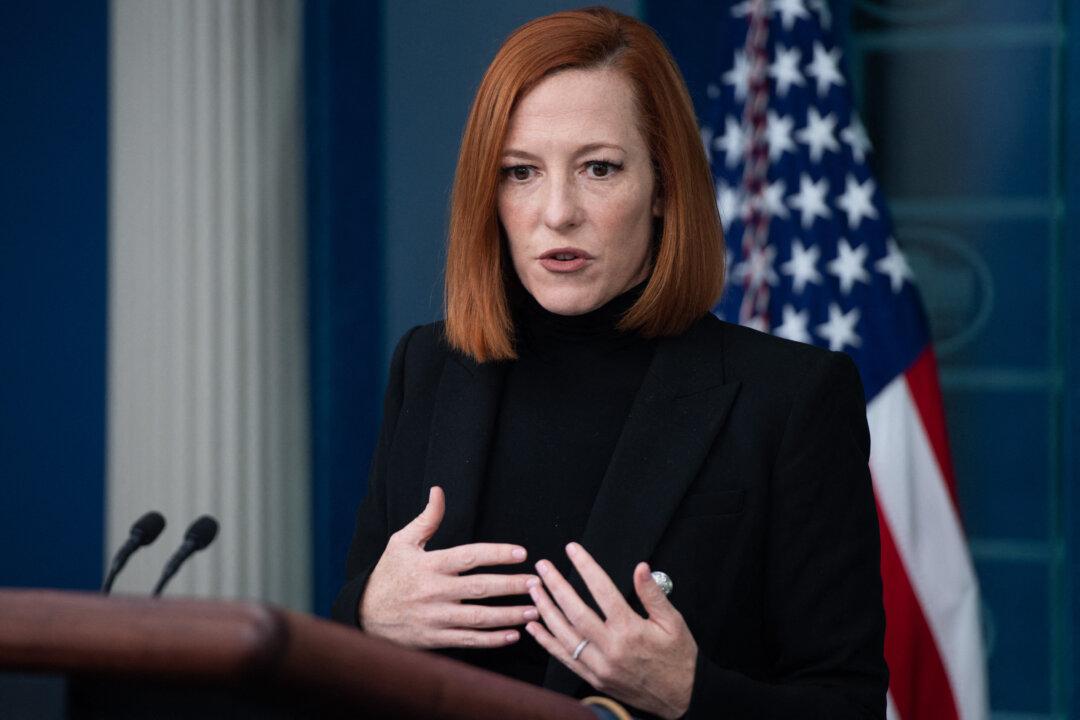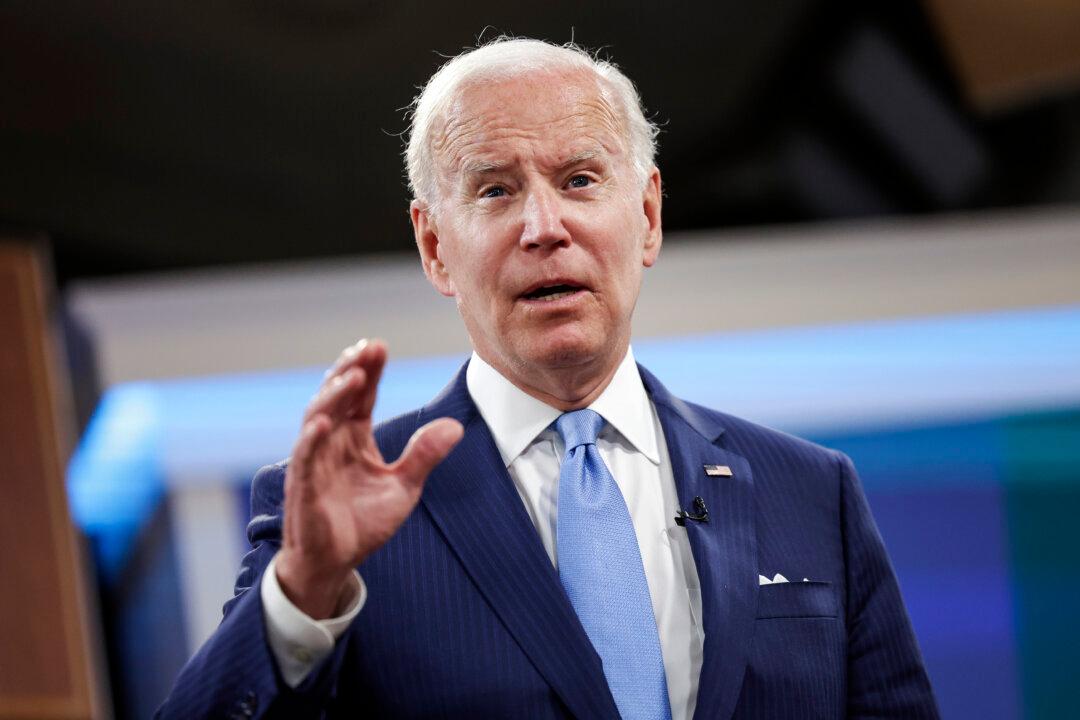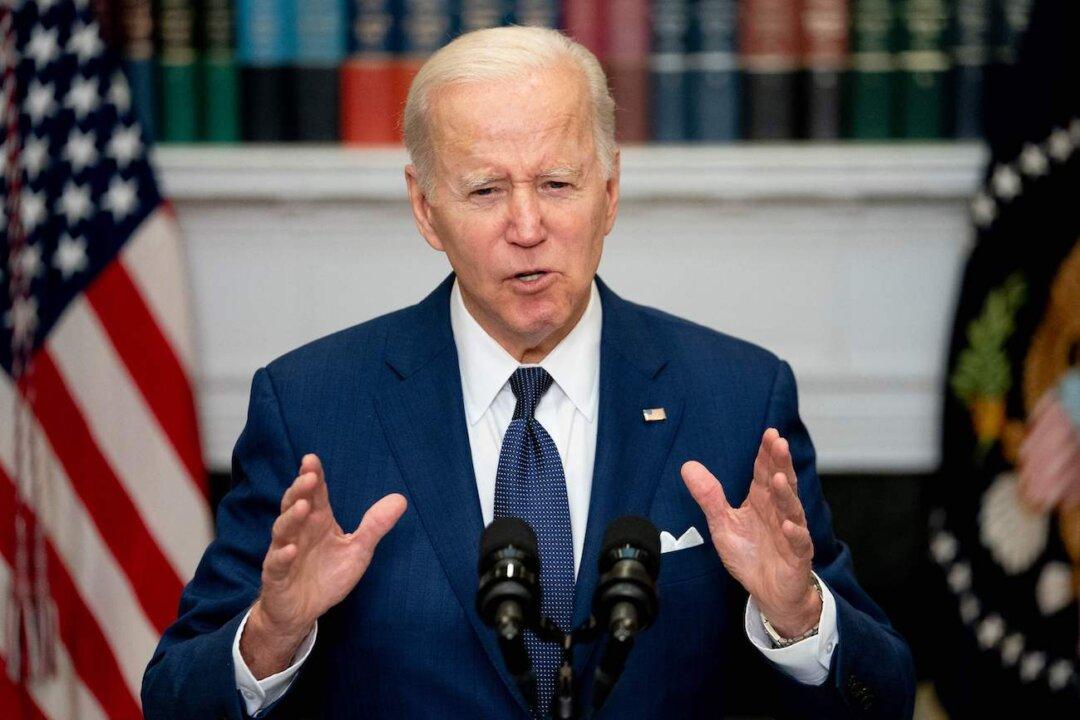The White House says no decision has been made on whether the United States will ban Russian oil imports in response to Russia’s invasion of Ukraine.
This comes as oil and gas prices reach record highs, the Biden administration continues talks with large oil producers around the world, and a bipartisan group of lawmakers announce plans for legislation banning Russian energy imports.




